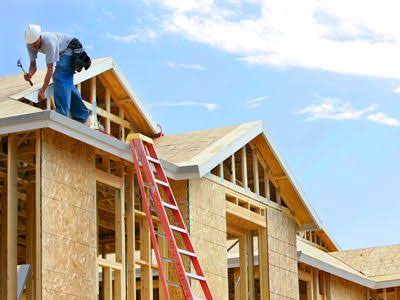One of the most common questions we receive as developers is: Why are home prices in Ghana so high, especially when local labor costs are lower than in places like the US or Europe? The explanation is straightforward, yet the solutions are far more complex.
To understand the issue, we must look past the familiar assumptions high land prices, opportunistic developers, or diaspora buyers driving up costs. In reality, profit margins in Ghana’s real estate industry are far thinner than many imagine. The sheer number of stalled and uncompleted projects should make that clear: this market is not the fast track to wealth that many believe it to be.
A useful concept here is what some call “island economics.” On an island, nearly everything must be imported. With limited population and production capacity, goods arrive through long supply chains, accumulating shipping costs, tariffs, and handling losses along the way. The result is higher prices across the board.
Ghana, while not an island, shares many of these conditions. Despite the aspirations of ECOWAS, regional trade across West Africa remains minimal. Weak transport infrastructure, border delays, and fragmented markets prevent scale. And without scale, local manufacturing struggles to thrive. As a result, essential building materials tiles, glass, sanitary ware, ironmongery are typically imported from China, India, Europe, and elsewhere.
This dependence on imports massively drives up costs. Take tiles, for example. Unlike in Italy, where materials are delivered directly to a construction site, tiles shipped to Ghana pass through multiple handling points before arriving on-site often with damage along the way. Every step in the chain can lead to loss. By the time materials are ready for installation, we’re fortunate if 85% of what we paid for remains intact.
Then comes the tax burden. Under current regulations, import duties and VAT can amount to roughly 50% of the value of materials. So, materials that cost $100,000 abroad can cost closer to $160,000 by the time they reach a project in Ghana nearly double. Add financing, logistics, bank charges, and inevitable breakage, and the price difference becomes stark.
The core issue is simple:
The cost of construction materials in Ghana is extremely high.
This is largely a result of structural economic realities. Because much of Ghana’s economy is informal and harder to tax through income, the government relies heavily on import duties for revenue. Those duties ripple through the entire supply chain including real estate.
The long-term solution lies in building competitive local or regional manufacturing capacity. But that requires scale, infrastructure, and sustained policy alignment none of which happen overnight.
What This Means for Homebuyers
Until major structural changes take place, the best way to secure value for your investment is to buy from developers with proven experience in sourcing, handling, and constructing with these expensive materials. Quality matters—because replacing poorly installed or low-grade components is far more costly over time.
Look for:
•Reputable developers with a track record of completed projects
•Transparent construction standards
•Longer warranty periods (a key indicator of durability and confidence)
In an economy where inputs are costly, it pays to choose a builder who knows how to make the most of them. Value, not just price, is what endures.
Source: willowsgroup



